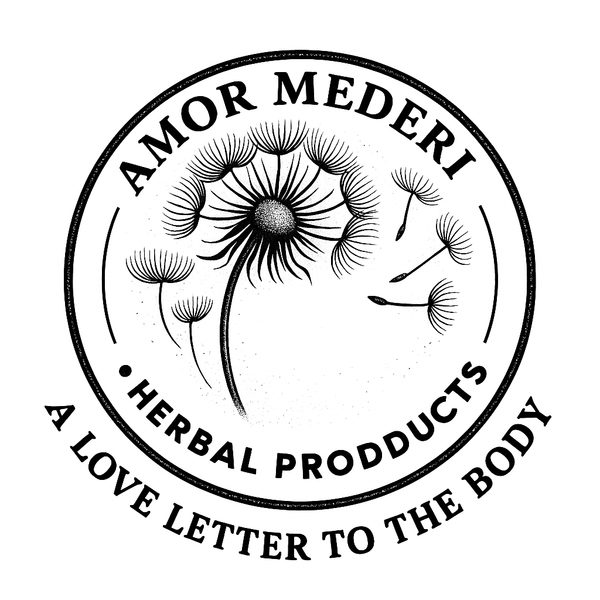
Your Immune System Isn’t 'Weak' - It's Overworked. Part 1 in a 3 part Series.
When you catch every cold going around…
When your energy crashes with the seasons…
When your body swings between inflammation and fatigue…
It’s easy to assume your immune system is weak.
But what if that’s not the whole story?
What if your immune system isn’t failing you—but fighting to keep up with an endless stream of signals, threats, and unresolved repair work?
What if it’s not weak—just overworked?
The Hidden Burnout of the Immune System
In the herbal world, people often talk about “immune boosters.”
But here’s the thing: most people don’t need stimulation.
They need modulation.
They need a return to balance, not just a louder alarm system.
Especially if you’re someone who is sensitive, chronically stressed, or managing a long-standing condition—there’s a good chance your immune system is stuck in chronic activation.
It’s constantly scanning. Constantly reacting. Constantly on edge.
This state is exhausting.
And ironically, it can look a lot like immune suppression: slow recovery, repeated infections, inflammation that never quite clears.
That’s because immune depletion and immune overactivation often go hand in hand.
Signs Your Immune System Is Overactive and Under-Resourced
- Frequent colds and infections that linger
- Allergic flares, sinus congestion, or skin reactions
- “Wired and tired” fatigue
- Brain fog or low mood during seasonal changes
- Gut issues that worsen with stress or illness
- Autoimmune tendencies or flares under pressure
Sound familiar?
You’re not alone.
This pattern is especially common in those of us with trauma-shaped nervous systems, past medical trauma, chronic illness, or long-standing stress.
Your body isn’t broken. It’s communicating.
What True Immune Support Looks Like
Herbs that “boost” the immune system aren’t always appropriate for those with this sensitive, overworked pattern.
Instead, we look to herbs that:
- 𝗠𝗼𝗱𝘂𝗹𝗮𝘁𝗲 immune activity, supporting more appropriate and efficient responses
- 𝗡𝗼𝘂𝗿𝗶𝘀𝗵 the terrain—especially mucous membranes and lymphatic pathways
- 𝗦𝗼𝗼𝘁𝗵 inflammation without suppressing function
- 𝗥𝗲𝘀𝘁𝗼𝗿𝗲 adaptability, especially in response to stress, exhaustion, or environmental triggers
Traditional herbal medicine shines here, offering nuanced strategies that don’t just stimulate, but restore.
Ancestral Strategies for Resilience
Across traditions, immune care wasn’t just about fighting things off—it was about creating resilience from within. That meant:
- Warming and clearing herbs like Thyme and Elderberry
- Protective, harmonising allies like Tulsi (Holy Basil)
- Soothing, moistening roots like Licorice
- Deep immune tonics like Astragalus, which build strength over time
- Responsive herbs like Echinacea angustifolia, traditionally used at the first sign of immune challenge
These plants weren’t used as “cures”—they were allies in cultivating balance, protection, and adaptability.
And that’s still exactly what so many of us need.
The Bottom Line:
If your immune system feels unreliable, unpredictable, or easily overwhelmed—it doesn’t mean you’re weak.
It may mean your body is asking for deeper, steadier support.
Not hype. Not harsh stimulation.
Just rooted, rhythmic care.
👉 Want to know what herbs actually restore immune balance? Stay tuned for Part 2: Remedy, where I’ll share the exact herbs I use (and why) in my immune support formulas.
